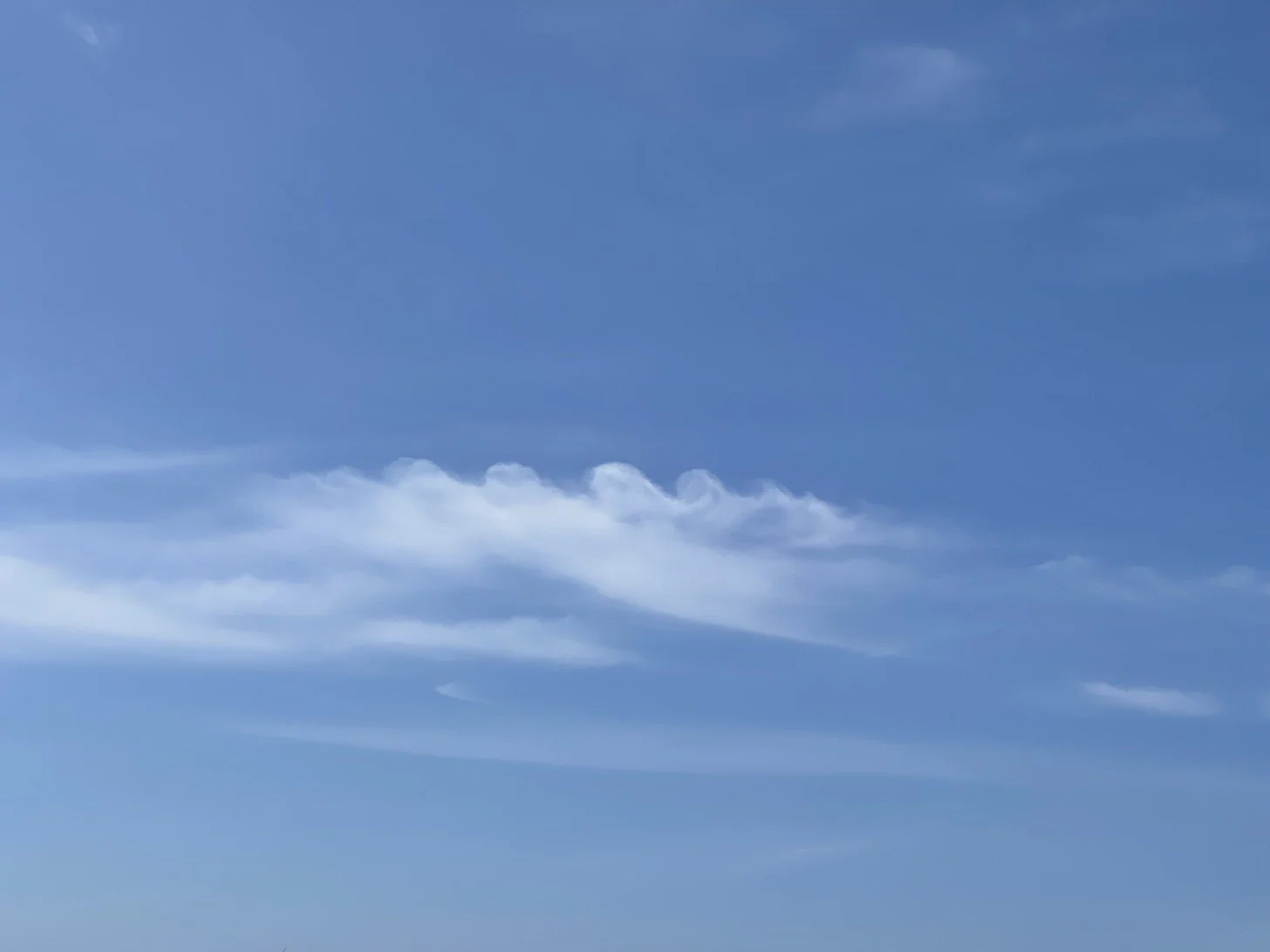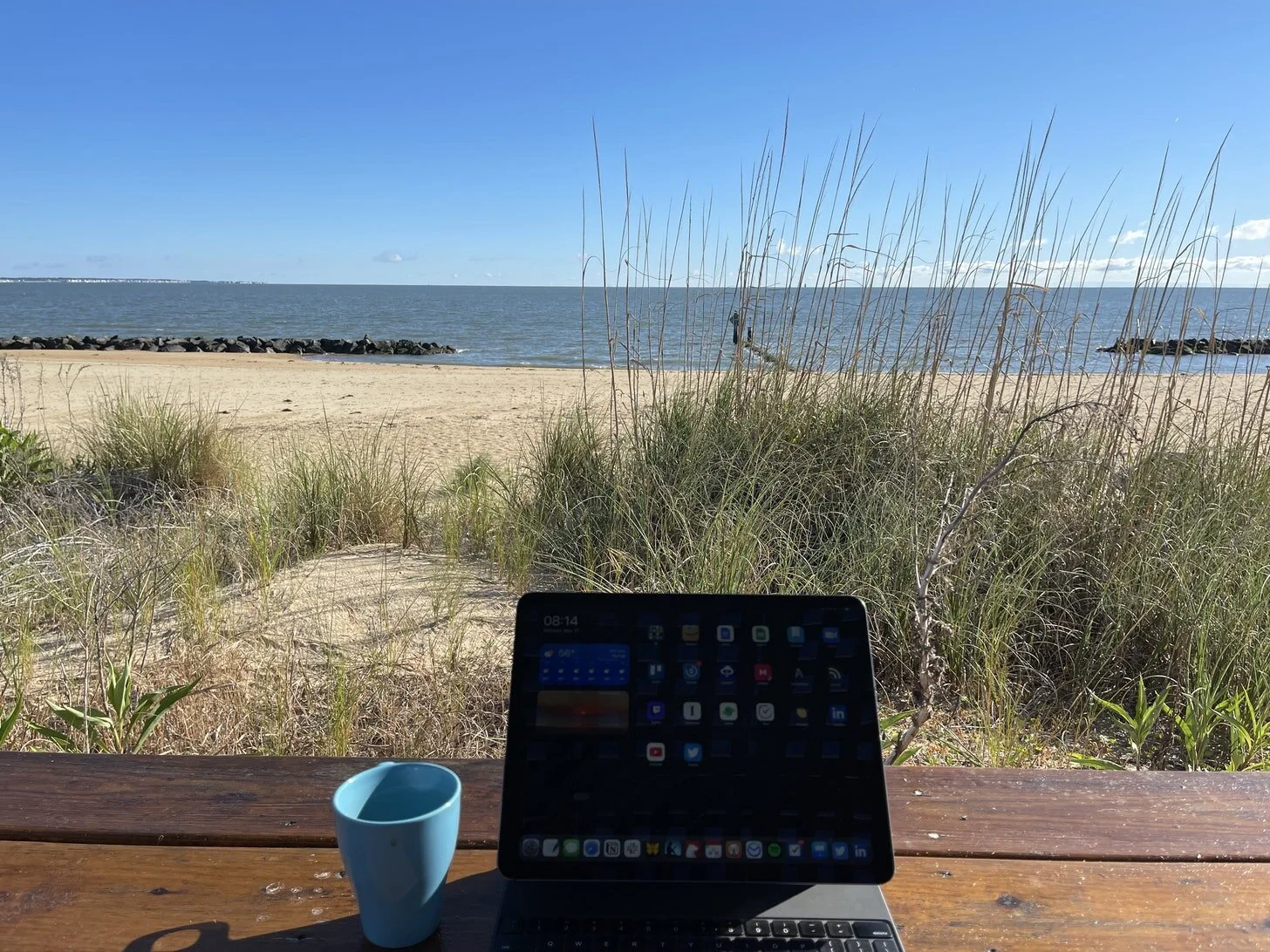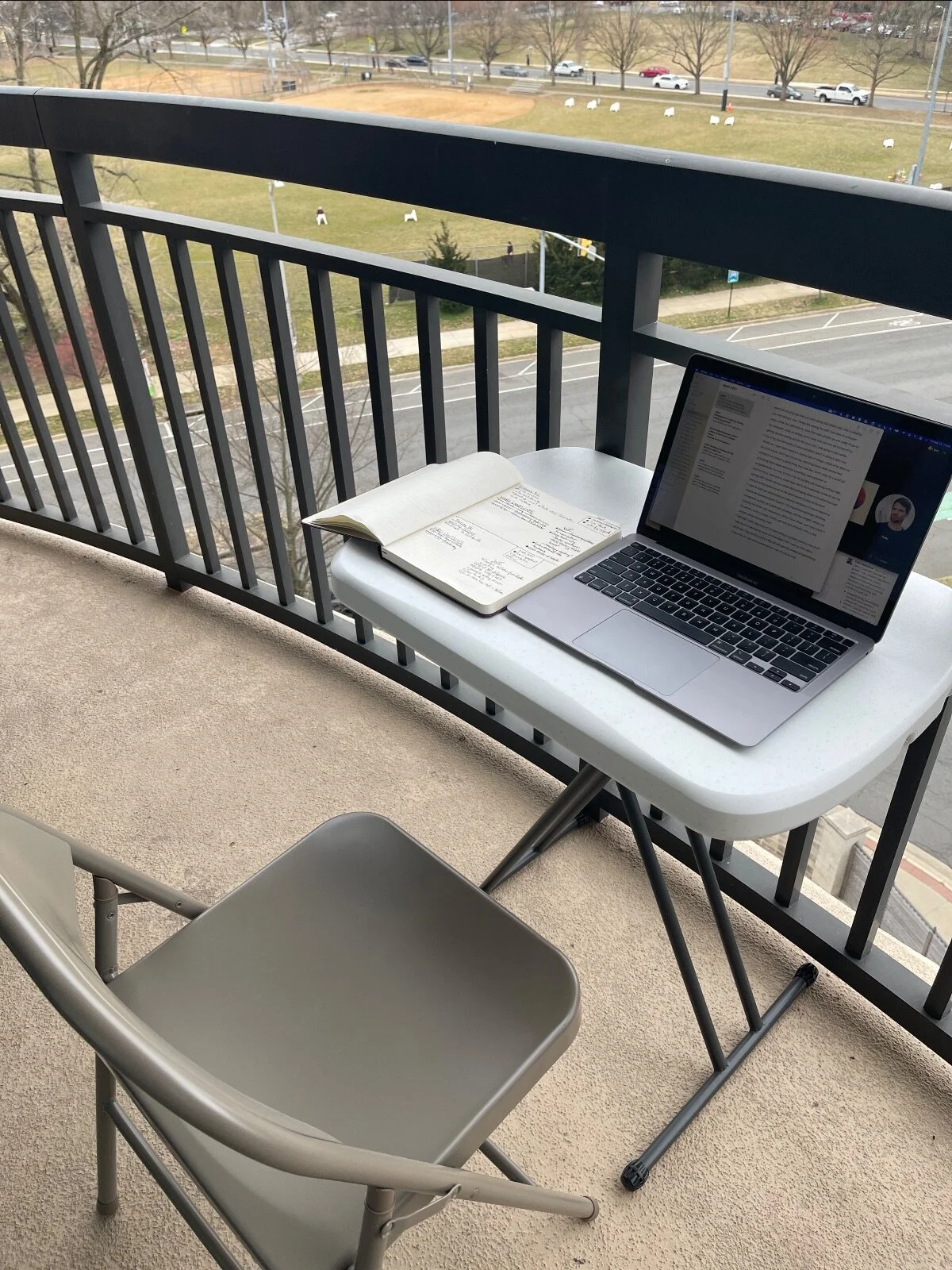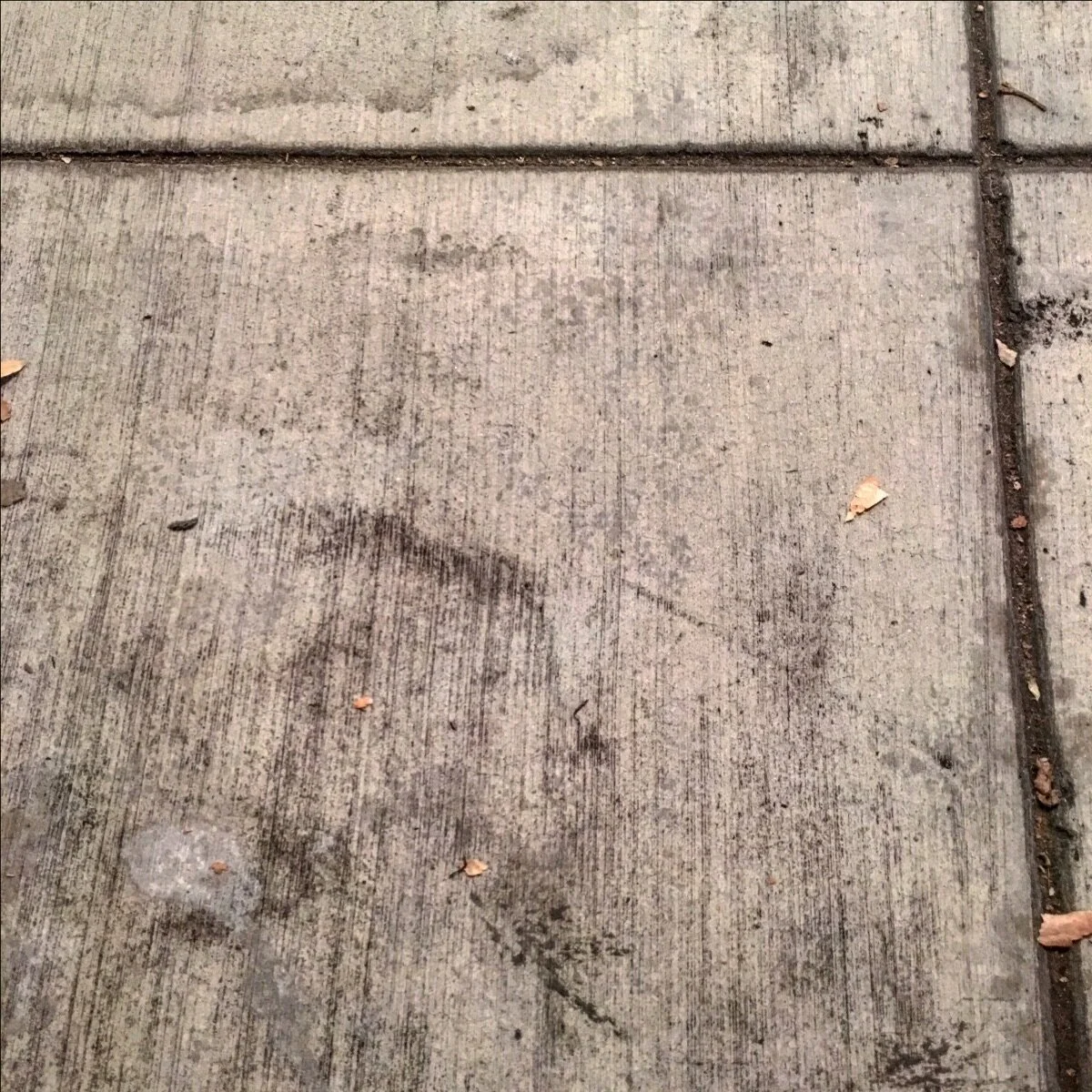I tried to not hold myself to unrealistic expectations during my sabbatical. I was mostly successful, except for the fact that I did sit down and write a “book proposal” over the course of several weeks. I told myself that if I was ever going to write a book, making significant progress on it while I was away from my day job for four months was the only way I was going to do it (never mind the fact that the reason I was away from my job for four months was so I could recover from pretty acute burnout…). Nonetheless, I wanted to see myself take a good and honest crack at making progress on “my book.”
It’s nearly six months since I originally shared that proposal and it’s still sitting there, largely untouched. What gives?
While it did feel good to “ship” a proposal to my readers to react to, it didn’t take long before I realized it wasn’t very good. Or, at least, wasn’t good enough for me to fight for to get it into anything like sellable shape. Nonetheless, I’m extremely glad I sat down and forced myself to make an honest attempt at turning all my thoughts into something book-shaped because it made me realize where I was forcing the ideas, where I was straying from the original intention, and where I needed to further develop my thinking. Most importantly, it made me realize that this book project, if it is ever to happen, needs to be something that ensues from other writing and creative efforts, rather than something I explicitly pursue in and of itself.
Said another way, I want to get to a point with my writing, ideas, and community that a book becomes inevitable, rather than a book being something I need to brute force into existence through sheer will alone.
This has freed me up to focus on the ideas for their own sake and not be thinking about if, how, and where they might fit into a book. It has freed me up to think about other ways I can get feedback on these ideas and build a community of people who are using and improving these ideas in their own lives. It has given me space to let go of things I thought I wanted to write about and instead follow my nose toward the more interesting and useful ideas that felt ancillary to my original conception of what this book should be.
While I’ve abandoned this specific attempt at writing the book, I’ve also somehow never felt closer to actually having something book-worthy. It’s a weird sensation.
More concretely, here are a couple things I know:
I couldn’t decide if the book should be about the basic idea of personal experimentation (what it is, why to do it, and how to do it) or the general philosophy of “living deliberately.” The experiment-focused book was more straightforward to write, but probably quite boring. The philosophical approach felt more meaningful, but I didn’t really know what to say. Either way, what I ended up writing in the proposal felt incredibly forced by the end.
I almost immediately started feeling like a fraud because the system/process I wrote about in the proposal no longer matched what I was actually doing in my own life. It did at one time, but I had started to evolve it into something a little less structured. How was I supposed to write a book about this personal experimentation “system” when I wasn’t even doing the system in my own life? I couldn’t really figure out what it was about the system that was causing me to not stick with it and while I was figuring that out it felt weird and bad to go back to working on the book that was ostensibly supposed to be about that system. I can’t write a book and also feel like a hypocrite the entire time I’m writing it!
Once I realized both of these things, it freed me up to think about the ideas of personal experimentation and deliberate living differently. Luckily, at basically the same time, we started talking about “patterns” a lot more at The Ready and I read “The Timeless Way of Building” by Christopher Alexander. I realized that “deliberate patterns” were really what I was most excited about in my own life and that the discovery, experimentation, refinement, and evolution of these patterns is really what I was talking about when I talked about experimentation.
This idea of the “deliberate pattern” is what I’m excited to be digging into more over the coming weeks and months (see some early noodling here). It feels like the kernel that I can possibly build a body of writing around. But instead of developing these ideas in isolation, I’m going to challenge myself to put them out into the world via The Deliberate newsletter and my website as quickly and consistently as possible. If these ideas are as useful as I think they might be, I should be able to build a community of people who are using and evolving these ideas on their own. Once there’s a virtuous feedback loop between my writing and a group of people who are actually finding it useful and pushing me to further develop these ideas, I believe a natural consequence will be something book-shaped at some point in the future.
Mostly, I think I’ve just realized that “forcing a book” is not going to make me happy, even if I can call myself an author at the end. Being the source of original and helpful ideas about how to live a meaningful/happy/productive/deliberate life, though…that’s something that feels important. That’s something that will make me happier than ever seeing my name on the cover of a book. It’s time to focus on that outcome rather than the format that those words and ideas ultimately take.
I make no promises about cadence or consistency. I only promise that I haven’t stopped thinking about what The Deliberate means and that for the first time in awhile I’m excited to sit down and do the work to share what I’ve come up with.
Thanks for being here!














